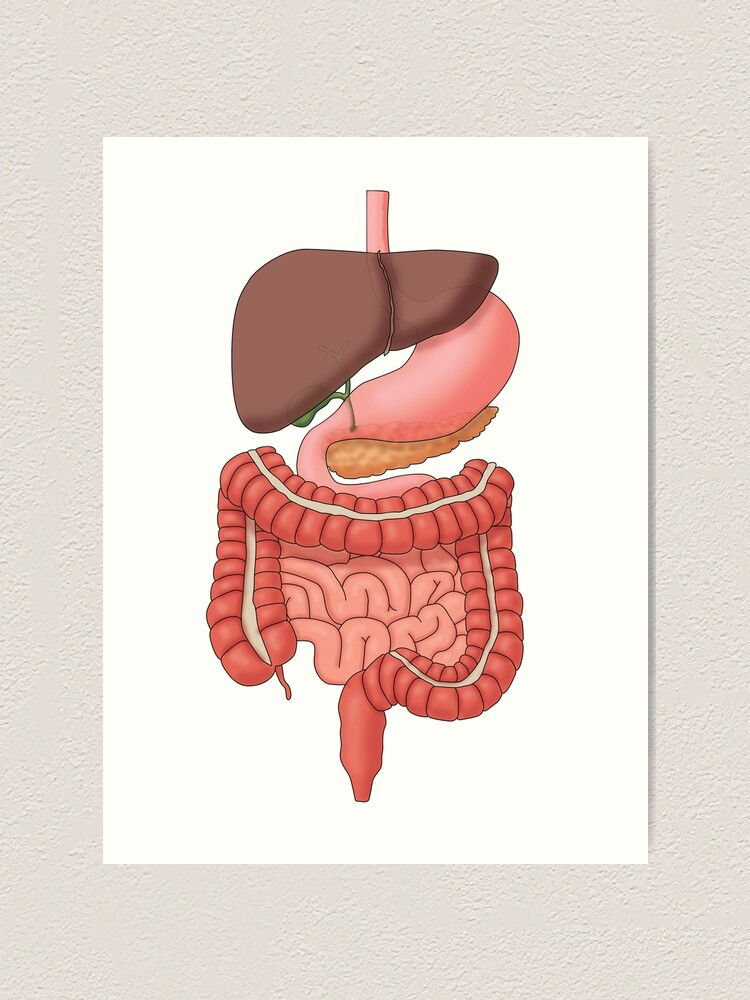From Garden to Plate
- lean GOC

- Jun 8, 2023
- 2 min read

A plant-based diet comprises more plant-based foods such as fruits and vegetables, whole grains, legumes, nuts, seeds and product based on these. A plant-based diet does not necessarily eliminate all animal products, but rather have more/ higher proportion of plant-based foods in the diet. It is a way of eating that has become increasingly popular in recent years due to its numerous health benefits, as well as its positive impact on the environment.
A diet consisting of more plant-based foods is:
· High in complex carbohydrate
· A good source of vitamins and minerals
· An excellent source of protein with lower calories
· Rich in dietary fibre
· Low in saturated fats

Some people may be concerned about getting enough protein on a plant-based diet, but there are plenty of plant-based protein sources available, Whole grains, legumes (comprising a variety of beans, peas and soya bean) and products based on these (e.g. soya bean products such as tofu & tempeh) & nuts. Many plant-based foods also contain healthy fats, such as omega-3 fatty acids, which are important for brain health and can be found in foods like flaxseeds, chia seeds, and walnuts.
Benefits

One of the primary benefits of a plant-based diet is that it is rich in fibre, which helps to keep the digestive system healthy and can also aid in weight loss. Additionally, plant-based foods are packed with vitamins, minerals, and antioxidants that can help to reduce inflammation in the body and reduce risk of chronic diseases and risk factors such as heart disease, diabetes, obesity, certain types of cancer, high cholesterol and hypertension.
A plant-based diet can also be beneficial for the environment, as it requires fewer resources and produces fewer greenhouse gas emissions than a meat-heavy diet. By choosing to eat plant-based, you can help to reduce your carbon footprint and contribute to a more sustainable food system.
Ways to get started with plant-based diet

1. Include more vegetables
Consume a smaller amount of meats/ animal products

2. Choose good fats
Healthy options include fats found in olive oil, olives, nuts and their spreads, seeds, and avocados

3. Include whole grain for breakfast
Begin your meal either with oatmeal, brown rice, or barley. Then, complement it with a mixture of nuts or seeds as well as freshly sliced fruit

4. Build a meal around a salad
Fill a bowl with salad greens and add an assortment of other vegetables along with beans, peas, tofu and grains

5. Eat fruits for dessert
Fruits serve as excellent alternatives to sugary desserts such as cakes, cookies and others
In Summary:
Overall, a plant-based diet can be a healthy, delicious, and sustainable way of eating that benefits both your health and our planet. If you're interested in transitioning to a plant-based diet, it's important to do so gradually and make sure you're getting all of the nutrients your body needs.




Comments